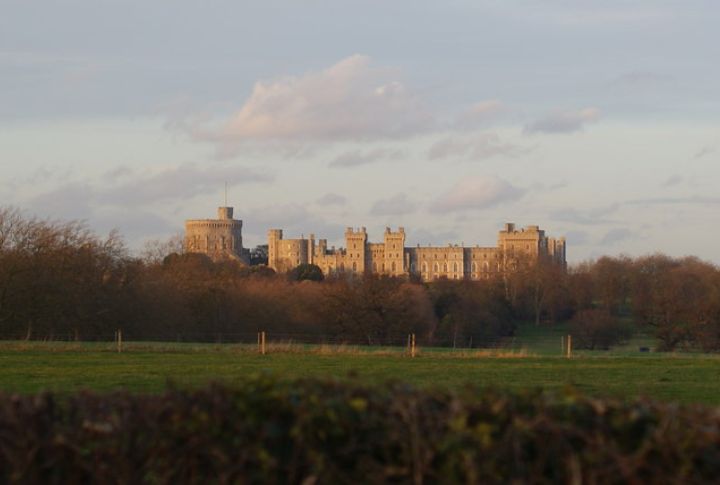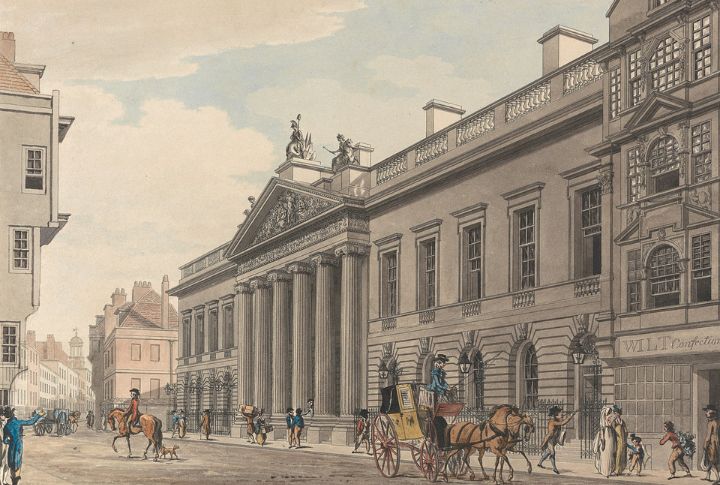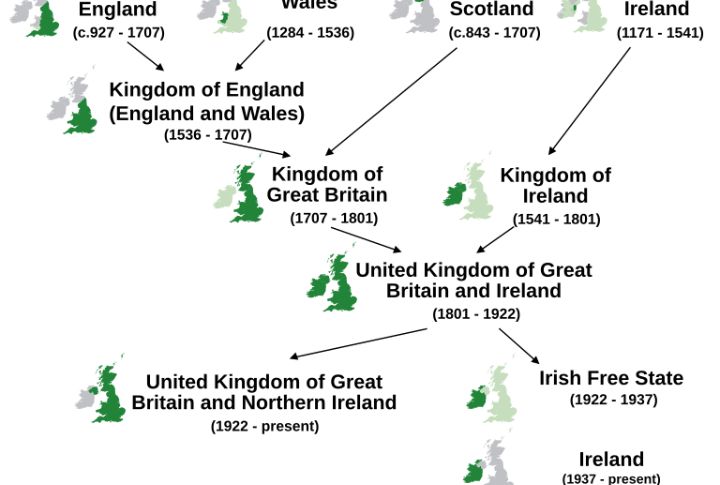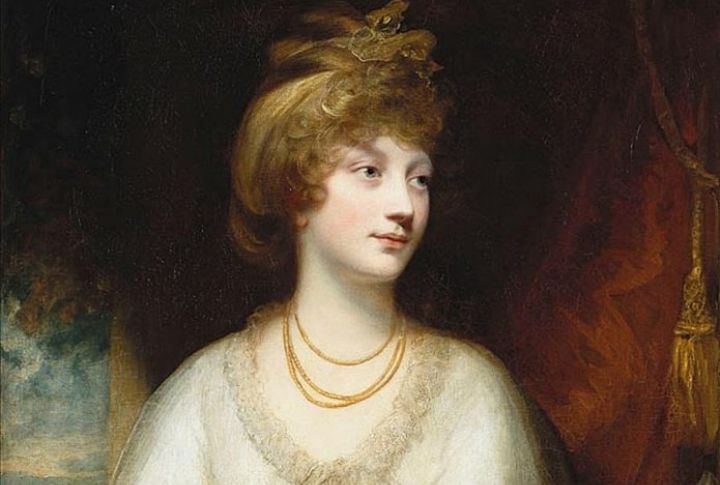
George III ruled longer than any British king before him and steered the nation through some of its most defining moments. Although people often associate his name with American independence and his personal struggles, his legacy is far more significant. His reign shaped Britain’s identity and left behind a history as complex as the man himself.
First British-Born Hanoverian Monarch

Born in 1738, George III was the first Hanoverian king raised in Britain and fluent in English. Unlike his predecessors, he embraced British culture and distanced himself from German interests. His upbringing shaped his deep-rooted patriotism, which influenced key decisions throughout his reign.
Longest-Reigning King In British History

Sixty years on the throne made George III the longest-reigning male monarch in British history until Queen Victoria surpassed him. His reign witnessed the American Revolution, the Napoleonic Wars, and Britain’s industrial boom, during which the country became the world’s leading colonial and naval power.
Patron Of The Arts And Sciences

George III championed intellectual pursuits and established the Royal Academy of Arts in 1768. His vast book collection, later forming the core of the British Library, showcased his devotion to knowledge. Scientists like William Herschel even named Uranus after him in appreciation of royal support.
Oversaw The Loss Of American Colonies

Despite efforts to suppress rebellion, George III faced the ultimate blow when the American colonies declared independence in 1776. The Treaty of Paris (1783) confirmed Britain’s loss. This forced a shift in its colonial strategy and reshaped international relations during his reign.
Suffered From Recurrent Mental Illness

Episodes of mental instability led to rumors of madness, with modern theories suggesting he had porphyria, a rare genetic disorder. His erratic behavior eventually forced Parliament to establish the Regency Act in 1811 and transferred power to his son during the reign of George III.
Faced The Napoleonic Wars

Napoleon’s ambitions made Britain the last line of resistance. Under George III, the Royal Navy dominated and secured a decisive victory at Trafalgar in 1805. His government’s relentless efforts culminated in Napoleon’s defeat at Waterloo in 1815, which ensured British supremacy in European affairs.
Advocated For Agricultural Innovation

Nicknamed “Farmer George,” he promoted modern farming techniques and improved British agriculture. His personal estate at Windsor became a model for experimental crop rotations and livestock breeding. While mocked for his obsession, his efforts significantly advanced farming efficiency during Britain’s agricultural revolution.
Expanded The British Empire In India

The British East India Company flourished under George III, tightening Britain’s grip on India. The decisive victory over Tipu Sultan in 1799 secured key territories, which accelerated imperial expansion. His reign laid the foundation for nearly two centuries of British rule in the subcontinent
Unified Great Britain And Ireland

George III’s government passed the Acts of Union in 1801, which merged Great Britain and Ireland into the United Kingdom. The move aimed to stabilize governance but deepened tensions with Irish nationalists. It also altered the British monarchy’s title and solidified his legacy as the first UK ruler.
Endured Personal Tragedies

Grief defined George III’s later years, especially after the death of his beloved daughter, Princess Amelia, in 1810. The loss exacerbated his declining health and mental struggles. Isolated and blind in his final years, he died in 1820 and left behind a complex and controversial legacy.

